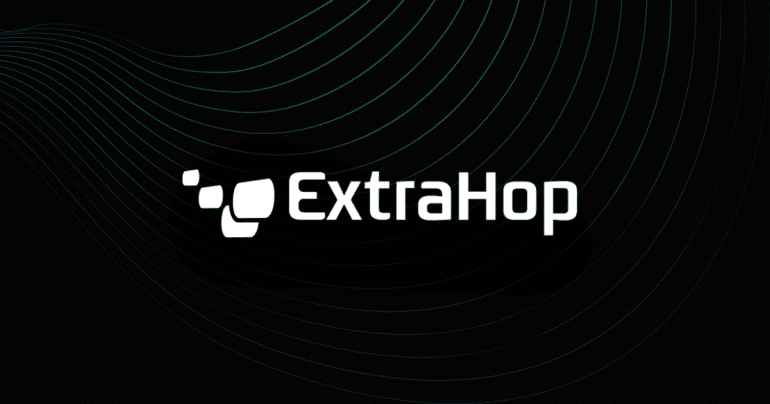TL;DR:
- ExtraHop, a cloud-native NDR specialist, has open-sourced its substantial 16-million-row dataset to combat algorithm-generated domains (DGAs).
- This initiative aims to empower businesses of all sizes to bolster their cybersecurity defenses against malware and botnet operations.
- In a cybersecurity landscape marked by a widening skills gap and limited resources, open-sourced research and datasets offer a solution to the challenges faced by security teams.
- The dataset, released on GitHub, assists security teams in identifying malicious activities proactively, mitigating potential threats before they impact businesses.
- DGAs are favored by threat actors for maintaining control within compromised networks, making them challenging to detect and stop.
- ExtraHop’s DGA model, with over 98% accuracy, is now accessible to security researchers, enabling rapid threat identification.
- The move fosters industry collaboration, aligning with ExtraHop’s commitment to collective defense in the face of evolving cyber threats.
Main AI News:
In a bold move to fortify cybersecurity defenses across the board, ExtraHop, the leading cloud-native network detection and response (NDR) specialist, has unveiled a game-changing development. They’ve made public their extensive 16-million-row dataset, touted as one of the most robust in existence, in a bid to combat algorithm-generated domains (DGAs). This strategic maneuver aims to level the playing field for defenders and equip businesses of all sizes with the tools to bolster their security measures against malware and botnet operations.
Amid a relentless surge in cyber threats and a staggering 26% growth in the cybersecurity skills gap over the past year, the landscape is evolving at breakneck speed. New threats are cropping up faster than ever, making it imperative for security teams to stay ahead of the curve. ExtraHop, recognizing the need for collective defense, is championing open-sourced research and datasets as the solution to the daily challenges faced by security professionals.
Raja Mukerji, the Chief Scientist and Co-Founder of ExtraHop, emphasizes the significance of this initiative: “The challenges we face in security are formidable and dynamic, and, with this initiative, we’re democratizing the tools needed for threat research detection for security teams of all sizes, backgrounds, and industries. Collaboration among the cybersecurity community is invaluable—coming together to share our best work is the only way to remain on the offense and put attackers at a disadvantage. Our research will be a gamechanger for the community, and we encourage other teams to open source their own insights that will similarly benefit the industry at large.”
ExtraHop is unwavering in its commitment to fostering industry collaboration. To that end, the company is releasing its DGA detector dataset, comprising over 16 million rows of data, on GitHub. This move is poised to assist security teams in preemptively identifying malicious activities within their environments, thus thwarting potential business-threatening incidents.
DGAs have emerged as a favored tool among threat actors for maintaining control once they infiltrate a network. Their usage renders attacks exceptionally challenging to detect and mitigate effectively. Initially developed for ExtraHop’s award-winning NDR platform, Reveal(x), this research is now accessible to any security researcher. It enables them to build their machine learning (ML) classifier models, facilitating the rapid identification of DGAs and swift intervention in attacks with enhanced precision. Remarkably, the ExtraHop DGA model, since its implementation in Reveal(x), has demonstrated accuracy levels exceeding 98%.
Todd Kemmerling, Director of Data Science at ExtraHop, underscores the gravity of the DGA threat: “Giving threat actors the ability to operate undetected and an uptick in these types of attacks, DGAs are increasingly considered a major threat to businesses today. As we began developing a model for detecting DGAs, it became apparent there was a lack of public datasets accessible to security teams with a wide-ranging set of resources. With this dataset, we are filling that gap, giving any security team access to the pivotal data needed to detect DGAs swiftly.”
Conclusion:
ExtraHop’s pioneering open data initiative represents a significant leap forward in the realm of cybersecurity. By sharing their robust dataset and research, they empower security teams to proactively combat emerging threats, particularly algorithm-generated domains. In an era marked by a widening cybersecurity skills gap, this collaborative approach ensures that the industry is better equipped to defend against evolving cyber risks. ExtraHop’s move not only underscores its commitment to industry collaboration but also provides a crucial resource that will enhance the overall security posture of organizations.

